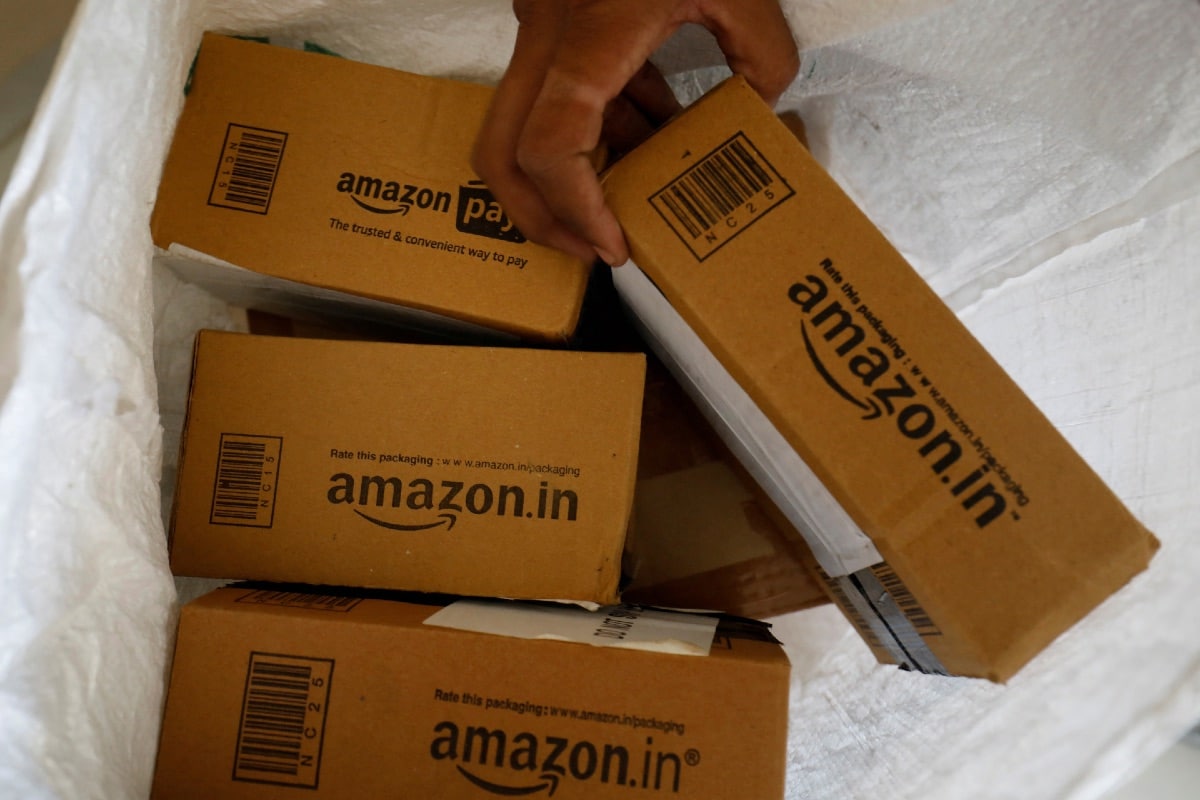India launched a crack down on Monday against fake reviews and unverified ratings in a bid to make online interaction and e-commerce more authentic and less misleading for users.
The government has drafted a framework for companies ranging from Alphabet‘s Google, Meta Platform’s Facebook and Instagram, Amazon.com, as well as travel sites or food delivery apps which depend on consumer reviews to validate products and services. Positive reviews help generate sales and interest from potential buyers.
Some companies have been criticised by consumers and various industry experts for downplaying negative reviews, or accepting fake ratings, making the vetting process difficult for buyers.
The companies did not immediately respond to a Reuters email seeking comment.
The Department of Consumer Affairs set up a committee in June to develop a framework on checking fake and deceptive reviews in e-commerce, the Ministry of Consumer Affairs, Food & Public Distribution said.
“The new guidelines for online reviews are designed to drive increased transparency for both consumers and brands and promote information accuracy,” said Sachin Taparia, founder of LocalCircles, a community platform and pollster which made the initial submission to the Department of Consumer Affairs and was part of the committee drafting the guidelines.
“As far as platforms like Google and Facebook go, the new rules will require them to validate the real person behind the review through specified 6-8 mechanisms which means fake accounts created just for review writing will go away over time or won’t be able to review,” said Taparia.
Full details of the proposal are not yet public.
“We do not want to bulldoze this. We will first see voluntary compliance of these guidelines. And if we see the menace continues to grow we may make this mandatory,” Rohit Kumar Singh, secretary of the Department of Consumer Affairs, told reporters in New Delhi.
The Bureau of Indian Standards will assess compliance, the ministry said.
Online companies say they have internal checks in place to combat fake reviews, but currently failure to do so is not a compliance breach.
If the guidelines become mandatory, companies could face action for unfair trade practice, for suppressing negative reviews or for enabling planting of fake reviews, Taparia said.
© Thomson Reuters 2022


